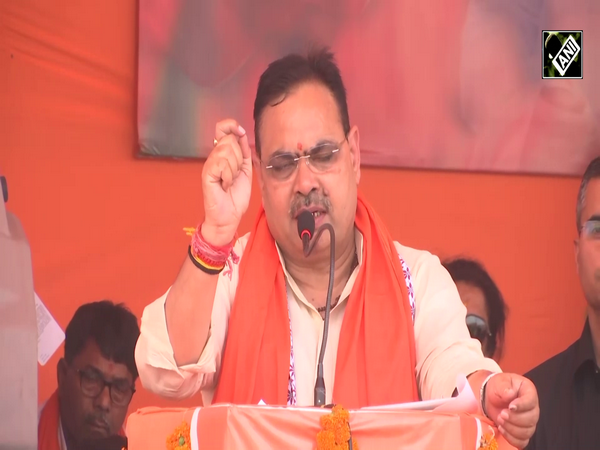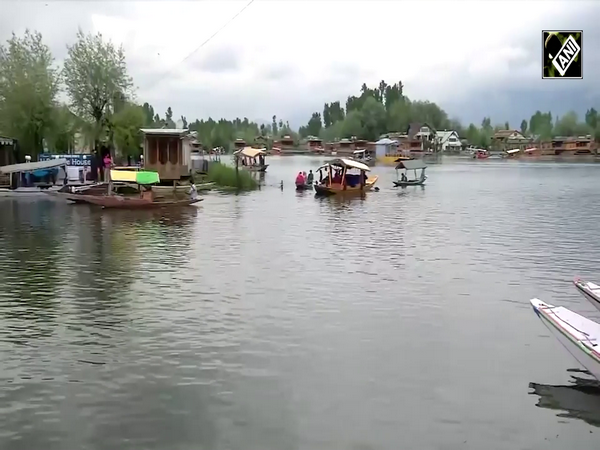SC judgment on Art 370 abrogation a 'disturbing' feature with impact on federalism: Justice Rohinton Nariman
Dec 15, 2023

Mumbai (Maharashtra) [India], December 15 : Former Supreme Court judge Justice Rohinton Nariman on Friday observed that the Supreme Court's recent judgment on the abrogation of Article 370 of the Constitution, which gave special status to Jammu and Kashmir, was among the 'very disturbing' features happening in the country this year.
The former Supreme Court judge said that this week's order of the apex court had its impact on federalism.
While delivering the 30th Bansari Sheth Endowment Lecture on the theme "The Constitution of India: Checks and Balances" at the Durbar Hall in Mumbai, Justice Nariman said that the state was converted into Union Territories to bypass the clause in Article 356 which prescribes that President's rule cannot exceed one year unless there is a national emergency or the Election Commission says that elections are not possible to be held.
"The recent SC judgement on abrogation of Article 370 had its impact on federalism...suffice it to say that the moment a state is divided into two Union Territories, which was done here, the first question is why was this done... because you already had President's rule in the state, you were administering it from the Centre. So why did you need this? You needed this because you wished to bypass a very, very important Article-- Article 356(5). (The) Article 356 essentially deals with circumstances in which there is a Constitutional breakdown in a state and the Centre takes over. But then it is hedged with conditions. In no circumstance, it can go beyond one year. Except two which is given in 356(5). (First) circumstance is that you should have a national emergency and the second circumstance is that the EC should say that elections are not possible in that state," he said.
"So how would you bypass this? (You would) bypass it by this ingenious method of making the state, Union Territories. Where you have direct Central control and no problem is to time. So essentially what has happened is this could have continued until the SC decided the matter. In fact, it took four years for the SC to decide the matter. It was in 2019 that the state was declared as two Union Territories. The decision has just come and elections hopefully are going to be held by September, next year. So we have had no democratic government in this state for five years, which could have continued indefinitely. This is a very, very disturbing feature," the Justice added.
Regarding the Court's reasoning of not deciding on the same on an assurance by the Solicitor General (SG) Tushar Mehta that statehood will be restored to J-K soon, Justice Nariman said that the SG does not have the authority to bind any successor government or the legislature and the act of changing J&K back to UT will need a law.
"The Solicitor General does not have any authority to bind the successor government. We are going to have a successor government from May next year. Second, and more importantly, he (Solicitor General) has no authority to bind the legislature. And this is going to be a legislative act," he said.
The Supreme Court on Monday upheld the Union Government's 2019 decision to abrogate Article 370 of the constitution which gave special status to Jammu and Kashmir and said that every decision taken by the Centre on behalf of a State can't be subject to a legal challenge.


















